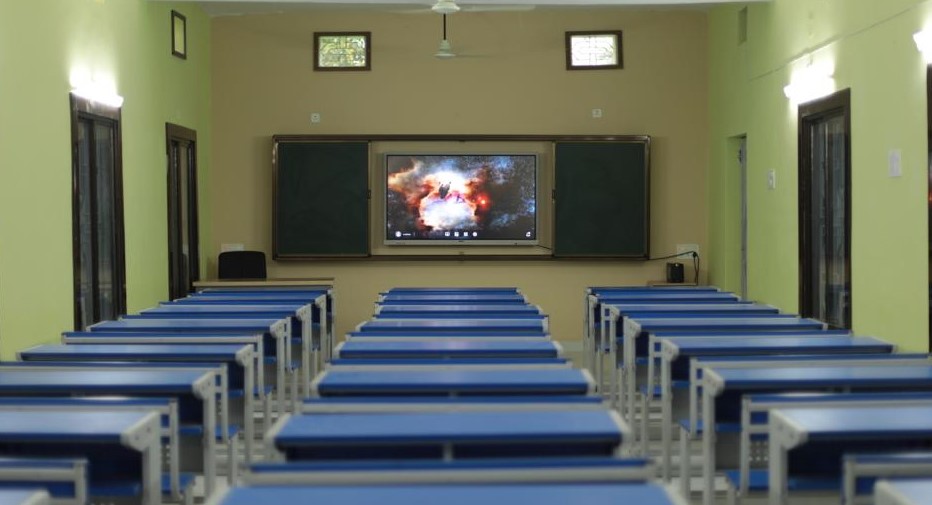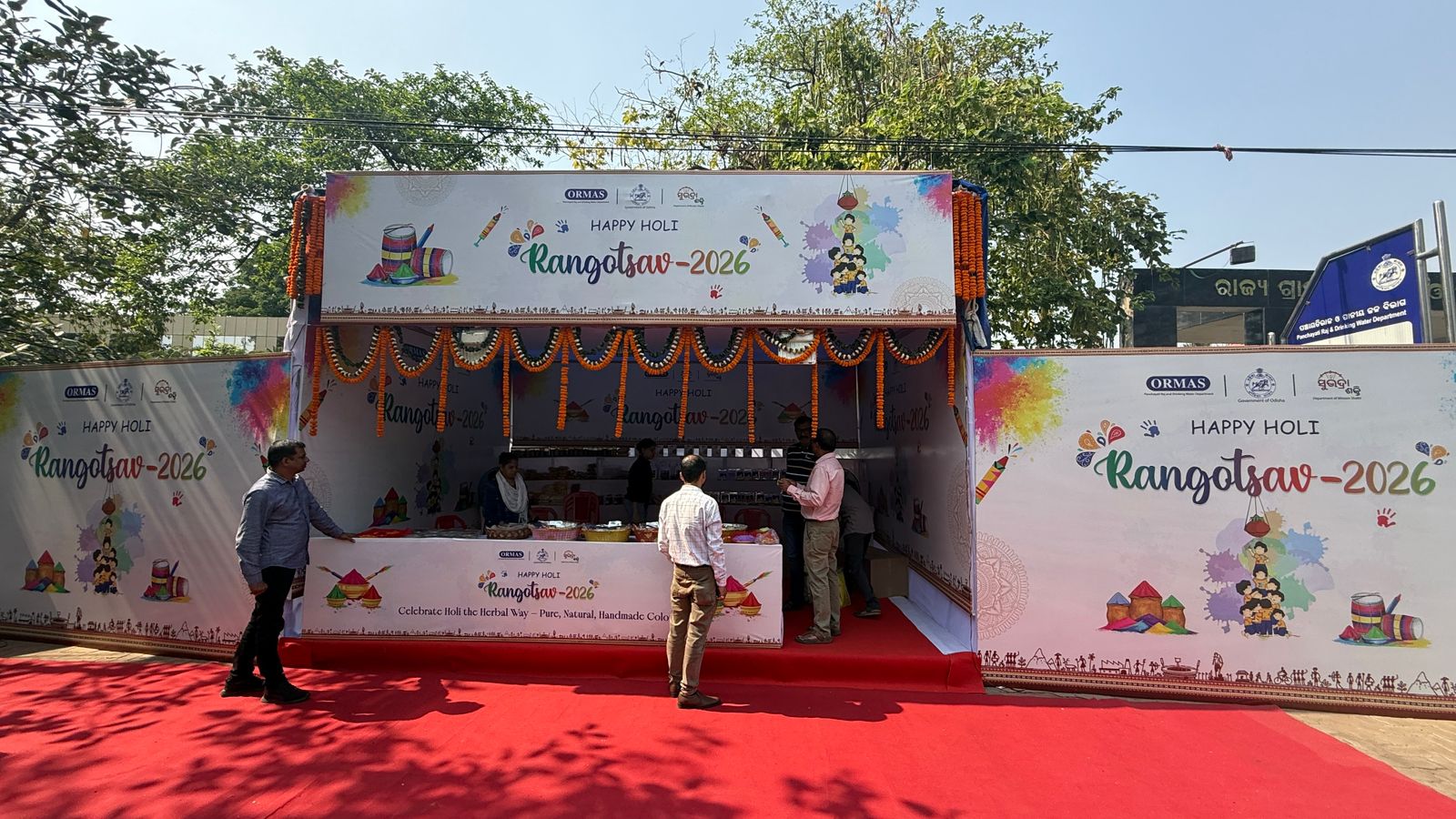Bhubaneswar: The Odisha government has officially announced the implementation of the National Education Policy (NEP) 2020 in all educational institutions under the School and Mass Education Department. The landmark decision, detailed in a notification issued on Wednesday, aims to strengthen the state’s education system by aligning with the National Curriculum Framework while incorporating local contextual elements.
“With careful consideration, the government has decided to implement the National Education Policy 2020, as issued by the Ministry of Education, Government of India,” the notification stated.
Transition to 5+3+3+4 Structure
Odisha will adopt the NEP-recommended 5+3+3+4 schooling structure, replacing the existing 10+2 model. This system emphasizes a more holistic and developmental approach to education across four distinct stages: foundational (ages 3-8), preparatory (ages 8-11), middle (ages 11-14), and secondary (ages 14-18).
The foundational stage will focus on play-based, activity-driven learning to nurture early childhood development. The preparatory stage will introduce interactive classroom learning, building a strong foundation in subjects like reading, writing, mathematics, and physical education. The middle stage will feature experiential learning across disciplines, and the secondary stage will emphasize multidisciplinary education, critical thinking, and flexible subject choices.
Revamped Examination Framework
The NEP aims to reduce the pressure of high-stakes board exams by allowing students to take board examinations twice a year, with a focus on core competencies rather than rote memorization. This redesign seeks to discourage the coaching culture and encourage a deeper understanding of concepts.
Additionally, the National Testing Agency (NTA) will play a significant role by conducting aptitude and common subject exams at least twice annually across various streams, including science, humanities, arts, and vocational subjects.
Emphasis on Mother Tongue and Local Languages
The policy underscores the importance of using the mother tongue or local language as the primary medium of instruction up to Class 5 and recommends its continuation until Class 8 and beyond. Under the three-language formula, students will learn three languages, with at least two being native to India.
High-quality textbooks and bilingual teaching materials in local languages will be provided in both public and private schools to ensure inclusivity.
Introduction of 4-Year Undergraduate Programmes
In addition to reforms in school education, Odisha has introduced significant changes to its higher education system under NEP 2020. Starting in November, the state approved the rollout of four-year undergraduate (UG) programmes across all government universities and affiliated colleges.
The revamped curriculum offers students the flexibility to earn certificates, diplomas, degrees, and honors degrees after each year of study. A seven-year credit framework, aligned with University Grants Commission (UGC) guidelines, will allow students to complete their degrees with multiple entry and exit points.
The curriculum emphasizes skill development, internships, community service, and participation in extracurricular activities such as NCC and NSS. Employment-oriented courses tailored to meet industry demands have also been introduced to enhance graduates’ readiness for the job market.
Fostering Research and Innovation
The NEP promotes research and innovation in higher education through practical-based learning and industry-linked internships. It aims to create an autonomous, inclusive, and qualitative education system, empowering students with the skills and knowledge required to thrive in a competitive global environment.




